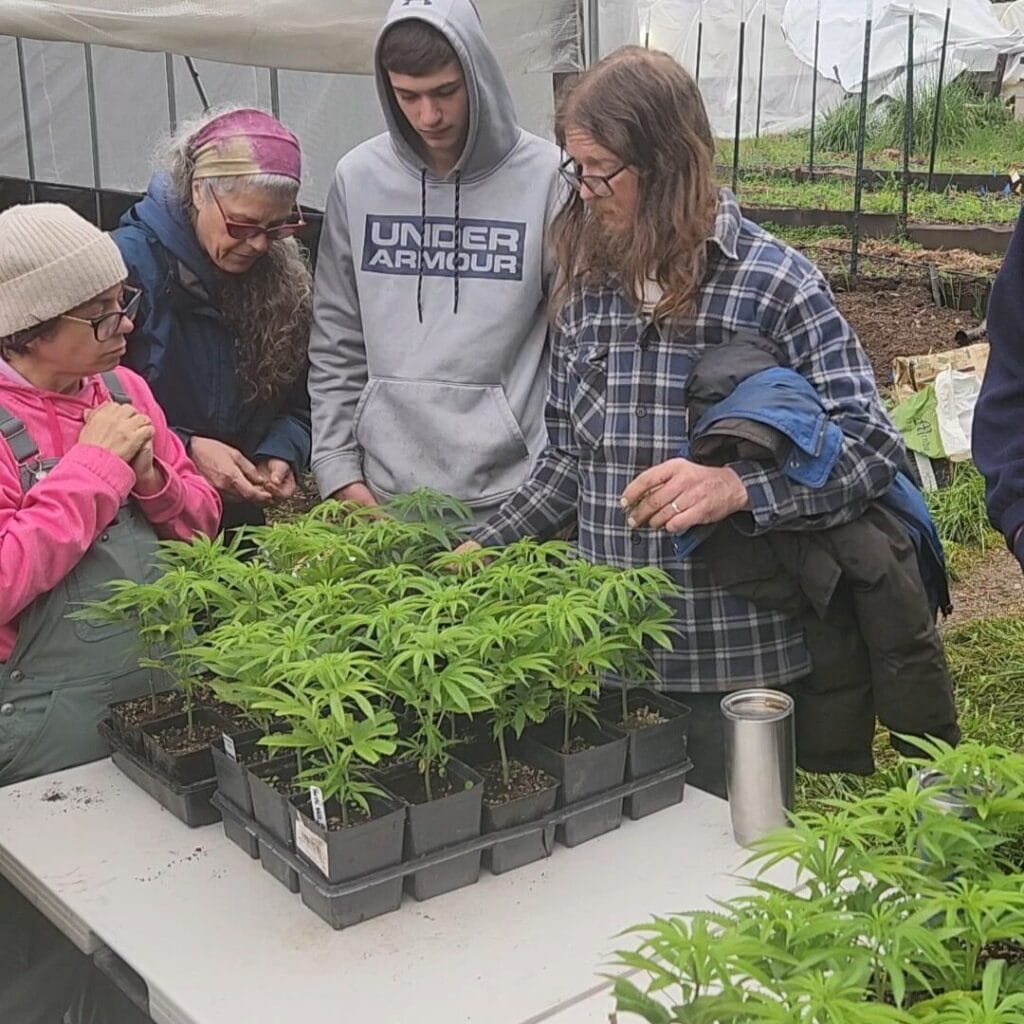As we celebrate Public Health Week, it’s vital to broaden our view of what truly protects and promotes human health. Beyond clinics, vaccines, and health education lies a deeper, foundational component of well-being: the health of our soil, food systems, and environment.
Enter regenerative farming.
This isn’t just a buzzword for the eco-conscious. Regenerative agriculture is a holistic approach to farming that restores soil health, increases biodiversity, captures carbon, and improves water cycles. But what’s often overlooked is how deeply this impacts public health.
🌾 Regenerative Farming = Healthier Food
Soil health is human health. Practices like cover cropping, rotational grazing, and composting rebuild soil microbiomes, which directly influences the nutrient density of the food we eat. Emerging studies suggest regeneratively grown produce can contain higher levels of antioxidants, vitamins, and essential minerals.

Health benefit: Stronger immune systems, reduced chronic disease, and better overall nutrition for communities.
💧 Clean Water, Safer Communities

Unlike conventional agriculture, which often relies on synthetic fertilizers and pesticides, regenerative farming reduces runoff and keeps chemicals out of our water supply. It also improves water retention in soil, making farms more resilient to drought and reducing the need for irrigation.
Health benefit: Fewer waterborne contaminants, reduced exposure to toxins, and healthier ecosystems.
🌱 Mental Health & Community Wellness
Regenerative farms often operate on smaller, community-based scales. They build local food resilience, reduce dependence on long supply chains, and support mental health through stronger connections to land, food, and each other.

Health benefit: Enhanced food sovereignty, reduced stress, and stronger social cohesion—key determinants of health.
🌍 A Climate & Health Co-Benefit
Climate change is the greatest public health threat of our time. Regenerative farming practices sequester carbon, reduce greenhouse gas emissions, and increase climate resilience.
Health benefit: Lower climate-related health risks such as heat illness, respiratory disease, and vector-borne illnesses.
What Public Health Leaders Can Do
- Invest in local regenerative farms through public health funding and partnerships.
- Support policies that incentivize soil health and sustainable practices.
- Educate communities on the food-health-environment connection.
Build cross-sector alliances with farmers, environmentalists, and urban planners.
Let’s redefine public health to include the health of our land.
If we want a future where people thrive, we must cultivate systems that regenerate—not just sustain—the natural world we depend on.
Be well!


